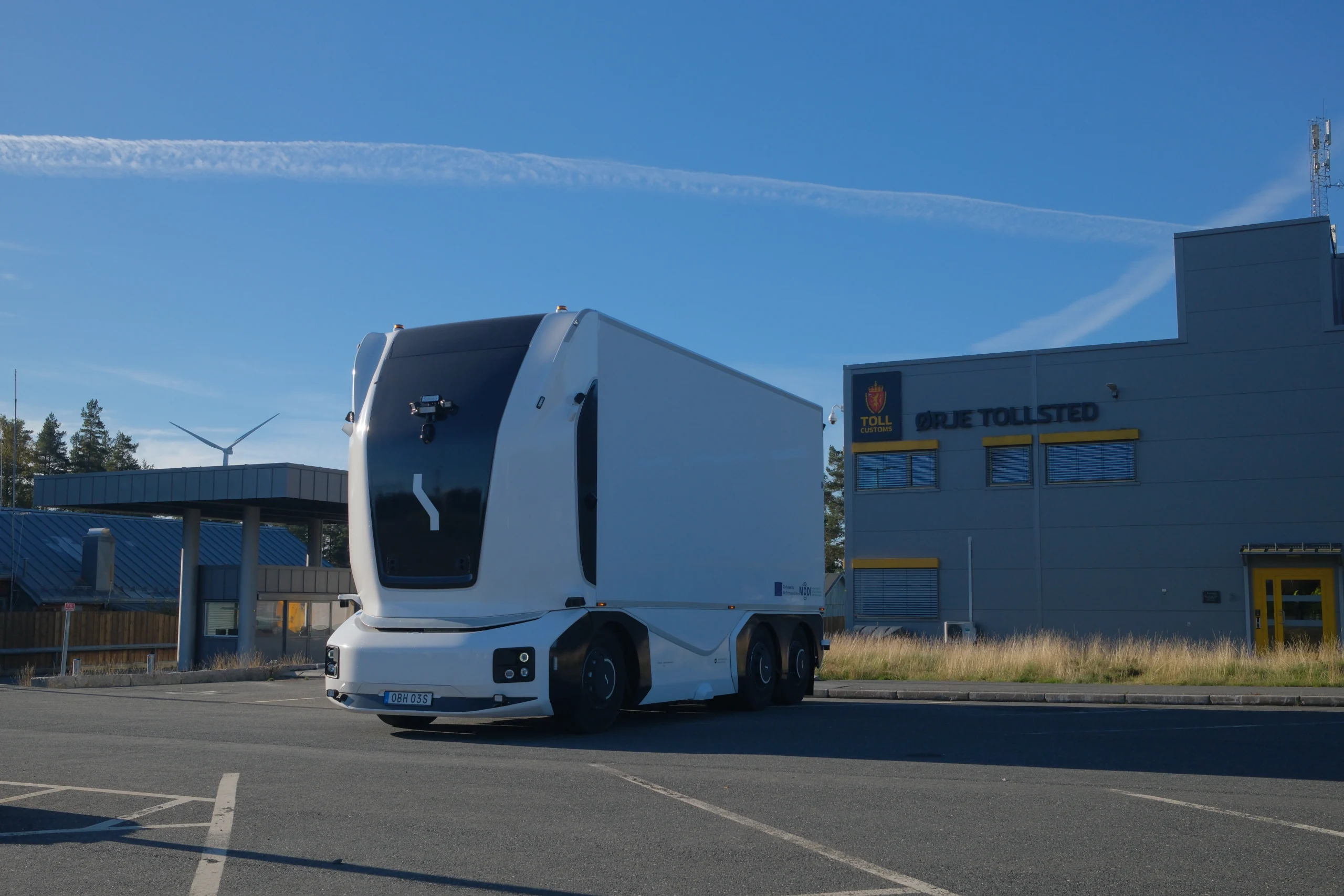Consumer confidence remains low as companies look to provide a human touch

John E. Kaye
- Published
- Home, Technology

Consumer confidence remains flat in Quarter 2 amid continued economic uncertainty, according to the Deloitte Consumer Tracker Survey. It has been revealed that the UK consumer confidence index is -8 per cent; down four percent from this time last year. Customer experience expectations, however, show no signs of slowing, with over half of UK consumers feeling more loyal towards brands that show a deeper understanding of their preferences and priorities.
This means that now more than ever, businesses will be focussing on providing a seamless digital customer experience, optimising customer engagement.
While technologies like AI and automation will be critical for businesses to remain competitive in these times of such low consumer confidence, it is important not to overlook the importance of in-person human interaction. Retailers with omnichannel strategies retain an average of 89 per cent of their customers, according to Teleperformance DIBS, and any businesses failing to focus directly on customer experience will struggle with customer retention.
Rajnish Sharma at Teleperformance Digital Integrated Business Services believes that “With people so worried about their personal finances in the increasing economic uncertainty, it will take a lot more than just a good product or service to persuade the average consumer to hand over their cash.”
“Consumers are looking for frictionless, hassle-free and personalised customer experiences. To remain competitive in these times of economic uncertainty, businesses need to be available to provide round-the-clock, real-time service – at the consumer’s convenience. While AI bots are widely being introduced to improve engagement and streamline communication, it’s important to note that human interactions are not just cognitive, but social and emotional.”
RECENT ARTICLES
-
 Women, science and the price of integrity
Women, science and the price of integrity -
 Meet the AI-powered robot that can sort, load and run your laundry on its own
Meet the AI-powered robot that can sort, load and run your laundry on its own -
 UK organisations still falling short on GDPR compliance, benchmark report finds
UK organisations still falling short on GDPR compliance, benchmark report finds -
 A practical playbook for securing mission-critical information
A practical playbook for securing mission-critical information -
 Cracking open the black box: why AI-powered cybersecurity still needs human eyes
Cracking open the black box: why AI-powered cybersecurity still needs human eyes -
 Tech addiction: the hidden cybersecurity threat
Tech addiction: the hidden cybersecurity threat -
 Parliament invites cyber experts to give evidence on new UK cyber security bill
Parliament invites cyber experts to give evidence on new UK cyber security bill -
 ISF warns geopolitics will be the defining cybersecurity risk of 2026
ISF warns geopolitics will be the defining cybersecurity risk of 2026 -
 AI boom triggers new wave of data-centre investment across Europe
AI boom triggers new wave of data-centre investment across Europe -
 Make boards legally liable for cyber attacks, security chief warns
Make boards legally liable for cyber attacks, security chief warns -
 AI innovation linked to a shrinking share of income for European workers
AI innovation linked to a shrinking share of income for European workers -
 Europe emphasises AI governance as North America moves faster towards autonomy, Digitate research shows
Europe emphasises AI governance as North America moves faster towards autonomy, Digitate research shows -
 Surgeons just changed medicine forever using hotel internet connection
Surgeons just changed medicine forever using hotel internet connection -
 Curium’s expansion into transformative therapy offers fresh hope against cancer
Curium’s expansion into transformative therapy offers fresh hope against cancer -
 What to consider before going all in on AI-driven email security
What to consider before going all in on AI-driven email security -
 GrayMatter Robotics opens 100,000-sq-ft AI robotics innovation centre in California
GrayMatter Robotics opens 100,000-sq-ft AI robotics innovation centre in California -
 The silent deal-killer: why cyber due diligence is non-negotiable in M&As
The silent deal-killer: why cyber due diligence is non-negotiable in M&As -
 South African students develop tech concept to tackle hunger using AI and blockchain
South African students develop tech concept to tackle hunger using AI and blockchain -
 Automation breakthrough reduces ambulance delays and saves NHS £800,000 a year
Automation breakthrough reduces ambulance delays and saves NHS £800,000 a year -
 ISF warns of a ‘corporate model’ of cybercrime as criminals outpace business defences
ISF warns of a ‘corporate model’ of cybercrime as criminals outpace business defences -
 New AI breakthrough promises to end ‘drift’ that costs the world trillions
New AI breakthrough promises to end ‘drift’ that costs the world trillions -
 Watch: driverless electric lorry makes history with world’s first border crossing
Watch: driverless electric lorry makes history with world’s first border crossing -
 UK and U.S unveil landmark tech pact with £250bn investment surge
UK and U.S unveil landmark tech pact with £250bn investment surge -
 International Cyber Expo to return to London with global focus on digital security
International Cyber Expo to return to London with global focus on digital security -
 Cybersecurity talent crunch drives double-digit pay rises as UK firms count cost of breaches
Cybersecurity talent crunch drives double-digit pay rises as UK firms count cost of breaches



























